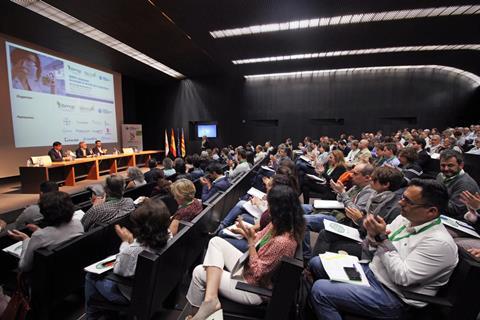New event will look at opportunities for fresh produce suppliers following the easing of EU regulations on gene editing technology
Scientists and representatives from the fresh produce industry will meet in Valencia on Thursday to discuss the implications of new genomic techniques including Crispr after the European Parliament voted on 7 February to ease regulation of gene-edited crops.

The event, organised by biotechnology platform Biovegen, the Institute of Molecular and Cellular Biology of Plants (IBMCP-CSIC) and Cajamar is expected to attract 350 people, including several research centres and leading groups like Anecoop, Rijk Zwaan, Importaco and Ametller, who will present their experiences on how biotechnology has improved their production and processes.
José Pellicer, president of Biovegen and Carlos Baixauli, director of the Cajamar Experiences Center said: “Genetic editing techniques, and in particular Crispr, are destined to be one of the great levers of change that European agriculture requires to compete with cheaper imports without giving up on environmental objectives”.
Europe has been reluctant to approve genetically engineered organisms. Proponents of the technology argue that it will increase innovation and agricultural sustainability as gene-edited plants can produce higher yields and better resist pests and pathogens, reducing the need for pesticides. But detractors, including environmental groups like Greenpeace, argue that it could lead to more powerful agricultural monopolies.
Recently, up to 37 Nobel Prize winners and more than 1,500 scientists signed an open letter urging parliamentarians to “carefully consider the benefits of adopting the new technology.”
It follows the publication of a report by the Breakthrough Institute and the Alliance for Science quantifying the opportunity cost of the EU rejecting technologies such as gene editing at between €182bn and €356bn a year, or more than €3.2tr over the next decade.
The event, which takes place at the Polytechnic City of Innovation of Valencia, will discuss how the new regulatory landscape could increase innovation in areas like the creation of biostimulants, hybridisation, and the development of drought tolerant crops.



